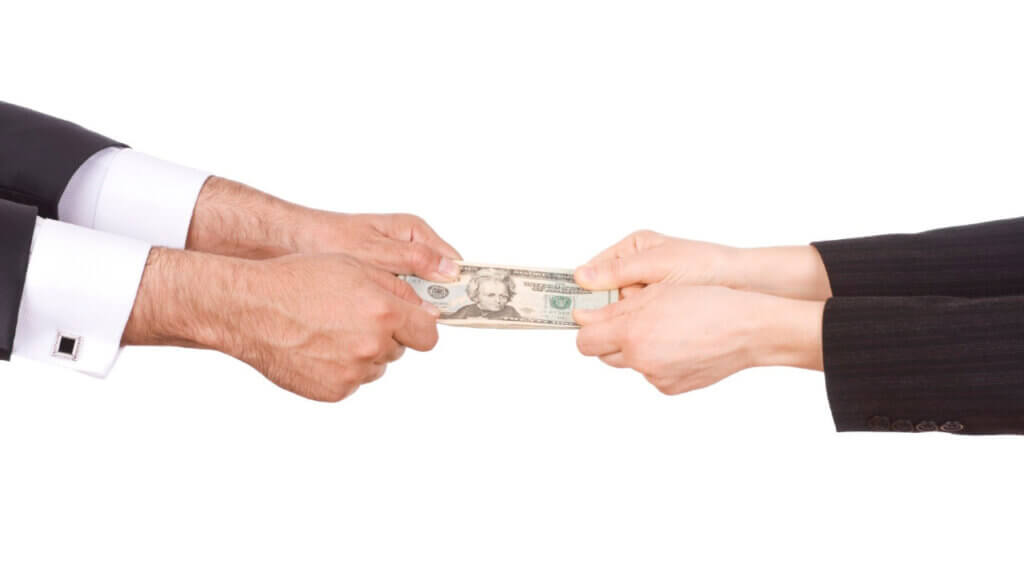
After a period when consumers were prioritizing spending on travel and experiences regardless of the expense, hotels in some markets are now beginning to see that trend slow down as inflation persists.
Harry Carr, senior vice president of revenue management at full-service hospitality management company Davidson Hospitality Group, said at this time in 2022 there was a “champagne effect.”
Carr said the champagne effect for Davidson’s portfolio, which is composed of 84 hotels and resorts, meant that “consumers were prioritizing travel above many other things, and they weren’t really concerned about the cost … regardless of the expense, [they’re] going to do it, [they’re] going to have that extra glass of champagne.”
Even if the nightly rate at a mid-range hotel in Miami was $600, Carr said the consumer didn’t care.
“Really, there was no price ceiling, there was no thought about ‘maybe I’ll put this off,’ and the discretionary income that they had, or the savings that they had, was banked. And it was also a little bit of ‘hey, if I’m going to work remotely, midweek I can go here, go there,’” he said.
Though it varies by market, Carr said that type of demand is now beginning to slow down in the second quarter.
In aggregate, Carr said Davidson’s portfolio is up slightly in terms of occupancy but rate is starting to slip, especially in leisure markets such as Phoenix, Los Angeles and Charleston, South Carolina, he said. Conversely, leisure demand is picking up for its hotels in markets such as Chicago and Minneapolis.
Carr said consumers are no longer buying on impulse when it comes to booking travel and are willing to shop around more. This includes choosing to book a trip outside of popular holiday periods such as July Fourth to still get the experience “without breaking the bank,” he said.
Dan Paola, vice president of operations at management, development and investment company Raines, said in an email interview that his team is still comparing performance to 2019 from a stability standpoint. Both 2021 and 2022 resulted in “incredible revenge travel, but some of that is starting to die off,” he said.
“We still saw a very strong start to the year, but people continue to be rate sensitive. We have been seeing year-over-year gains but not the [average daily rates] we anticipated for the year. A majority of our growth now is in occupancy,” he said. “As a portfolio, we are almost flat in ADR year over year, but up over 5% in occupancy. April may be the first month that some of our hotels don’t see overall year-over-year increases. It’s hard to tell with some properties because there continues to be new supply entering the market. With so many brands, guests are looking to try something new.”






